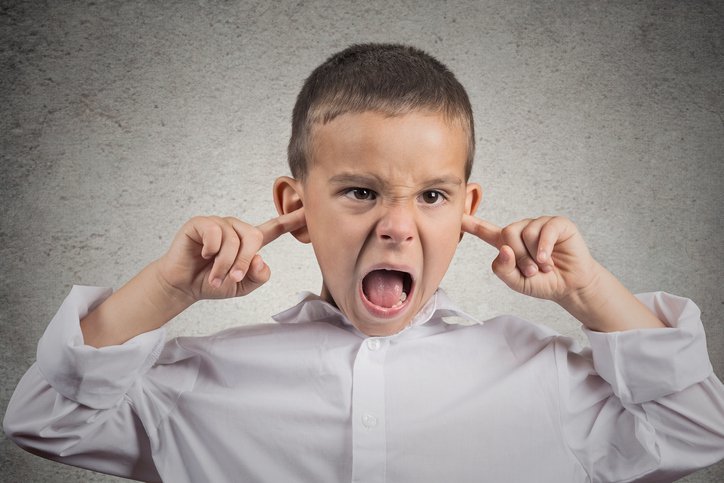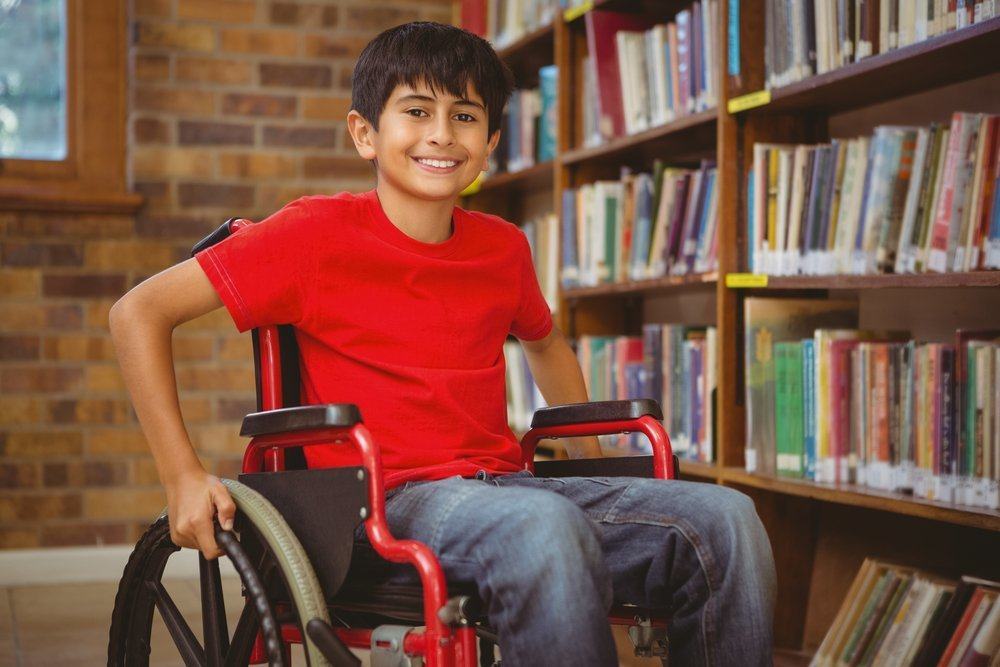Contents:
- Medical Video: How To Communicate With Disrespectful Children | Supernanny
- What can be categorized as rude speaking?
- How do you deal with children who speak harshly and do other impolite things?
- 1. Don't take heart
- 2. Prepare yourself
- 3. Try a different strategy
- 4. Become a teacher and trainer for children
- 5. Try not to reprimand him in front of a crowd
Medical Video: How To Communicate With Disrespectful Children | Supernanny
Do you have children who like to argue or speak harshly to you or other people? Now it's no wonder if children become very critical. Many questions are good things for children to do. Even when your child is actively speaking, you cannot tell him to shut up. However, sometimes children imitate something that we think is something that is not good. For example, when children are able to do sarcasm, do something that is not polite (like turning their eyes when you advise them), or say rude when told or if their wishes are not reached.
Sometimes, when children talk rudely to you to attack you to have control over you. There are also those who say rude as an expression of his emotions when there is something he does not approve of, feels something that happened to him is unfair, or when he feels that everyone does not understand him. Then, how to handle it?
What can be categorized as rude speaking?
There are some words that are indeed unacceptable in society and are considered as inappropriate speeches. Children sometimes imitate these words from songs, movies, internet, and television shows. In sophisticated times such as today, technological advances bring benefits to children's development, one of which is that children can learn from several different sources. However, the progress of the times can also make children become too free in receiving information and not filtering out the information they get.
Often, popular culture teaches children that talking to one another is cool, kids are attracted to something that is considered 'cool'. There are several categories of coarse speaking, such as cursing, shouting, rejecting your orders (as his parents), calling your name (as his parents). This is included in impolite treatment. There is also another disrespectful treatment that can take the form of being annoying when trying to make a deal with him, up to verbal violence with harsh treatment. However, according to some sources, impolite treatment carried out by adolescent adults is a natural thing, because at this stage adult adolescents want to separate from their parents and want to be themselves.
How do you deal with children who speak harshly and do other impolite things?
Irreverent treatment comes from children who do not know how to solve problems and do not realize the importance of mutual respect. Especially when everyday children are usually separated from parents, at that time they find out for themselves how to do it right. It is the duty of parents to always guide children to be more respectful and respectful of others. What can you do?
1. Don't take heart
You can indeed be hurt by the words of the child, but you need to remember that children's emotions are not stable, he can explode anytime. Instead of letting yourself get hurt and angry, you should be able to immediately say it should not be said so explicitly when he really has crossed the line. You can speak firmly and kindly, "Don't talk like that!", Then don't let your child reciprocate. After speaking firmly, immediately turn around and leave the same room as the child.
You should tell directly that the behavior is wrong. If he doesn't want to listen, you can use a sentence that "frightens" him, such as when he repeats his actions, then he will be banned from playing with gadgets, until he promises he won't repeat his actions. It doesn't matter if your child doesn't like this rule, it is best to tell what is good and not to do. Also ask yourself what you want to teach your child.
2. Prepare yourself
One day your child will grow into an adult teenager. At this time, teens will often do things that are not polite including harsh words. You don't need to be involved in every fight, it will make it even more stubborn. Target your limits, the extent to which you need to argue, if you can't, turn around and leave the debate. Sometimes this will make your child feel guilty. Of course before leaving the room, you should emphasize what is acceptable and what is not.
Every parent has different limits for his child. Make sure you prepare what you will face and apply it to your child. Convince yourself that this is something right to do. Don't give up, when the child returns to saying rude. Look for children's weaknesses and you can give consequences when he does that again.
3. Try a different strategy
Is your child defiant and disrespectful to you? He tried to take control, this is when internal dialogue needs to be done. First, you must always remember, do not take heart the words, it will make you burn with anger as well and end up in a bad argument. When the first time your child speaks harshly and is no longer afraid to do it, he will do it constantly. Your job is to make it change its behavior. Every time the way you apply is unsuccessful, you should try to think about what will be done next if it recurs. Think of words to reprimand that your child doesn't guess.
4. Become a teacher and trainer for children
Think about when you are their age, what do you want from your parents? Do you want to be supported by parents? Want to be noticed? Or do you just want to be heard? Being a teacher means you have to try to see from various perspectives, so that your child wants to follow you. You must guide him in behaving correctly and encourage them to behave appropriately. Determine the target limit when they are wrong. The point of changing children's behavior is not just to respect you as their parents, but so that they can interact with the wider world without respecting each other.
We certainly hope that someday children will be financially successful and acceptable in society, it is our duty to train children to achieve their dreams without having to underestimate or do things that are not good to others.
5. Try not to reprimand him in front of a crowd
A teacher at school might be able to do it, but as a parent it can embarrass him. Besides that it can be two things, your child can not repeat it again, it could also deteriorate in the future. You should solve the problem personally, the child will be more focused on listening, not on the feeling of shame being reprimanded in public.
READ ALSO:
- How to Overcome Trauma in Children?
- 7 Things Parents Must Do for Child Mental Health
- Tips for Success in Parenting Children for Single Dad












